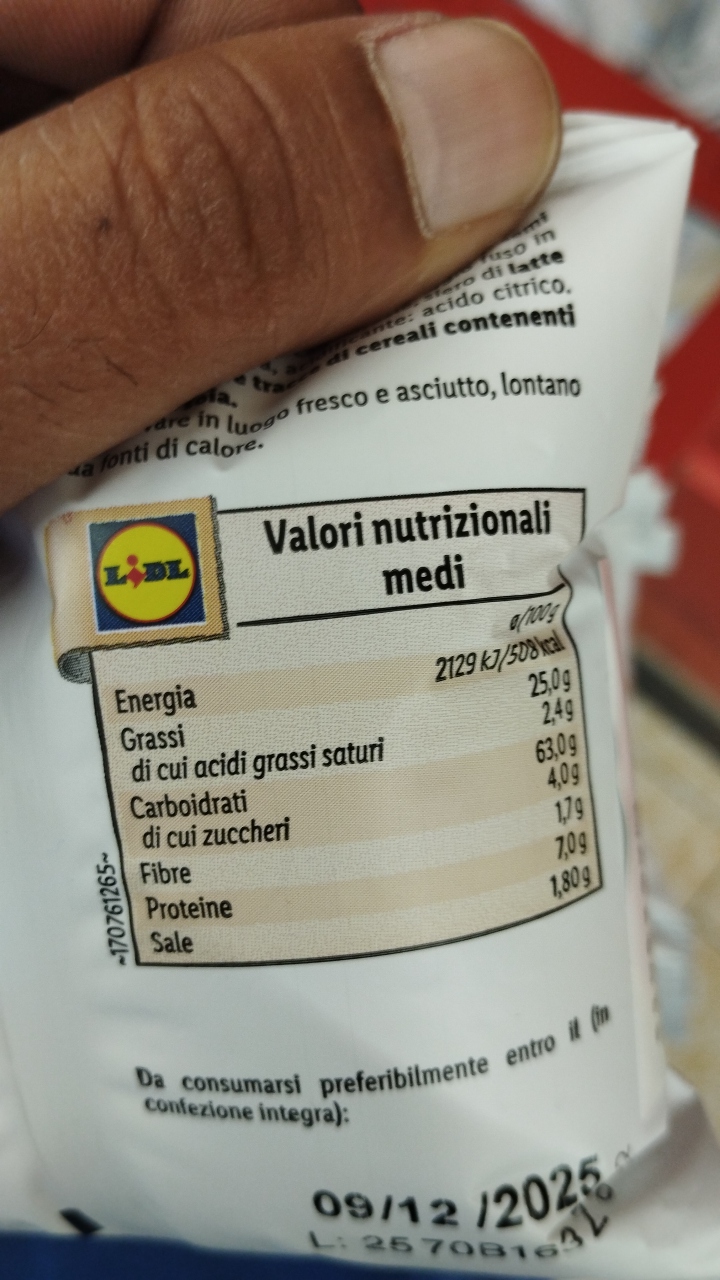
Barcode: 4056489230908
None
HALAL
📝 Reason: All listed ingredients are Halal. ‘Siero di latte’ (whey) is Halal if sourced from milk and processed without animal rennet from non-Halal sources. ‘Acido citrico’ (E330, citric acid) is Halal and produced through fermentation. There are no E-codes or ingredients classified as Haram or Doubtful as per the strict_rules above. Reference: Quran 5:3 (forbidden foods), IFANCA, HalalFoodAuthority.
📄 Certificates: Vegetarisch
Ingredients:
Details
Understanding the Halal Status of None
In the world of food products, it’s essential for consumers, especially those adhering to specific dietary laws, to understand the Halal status of the ingredients used. Today, we’ll delve into the Halal status of the product known as None, exploring its ingredients and their compliance with Halal standards.
What Does Halal Mean?
Halal is an Arabic term meaning ‘permissible’ in Islam. Foods that are Halal are prepared in accordance with Islamic law, ensuring that all ingredients and processing methods conform to these guidelines. This inquiry often raises questions regarding specific ingredients, especially additives and E-numbers, which could potentially originate from non-Halal sources.
None’s Ingredients
The ingredients of None include:
- Siero di latte (Whey)
- Acido citrico (Citric Acid, E330)
Let’s break down these components to confirm their Halal compliance.
Ingredient Analysis
Siero di latte (Whey)
Siero di latte, or whey, is a byproduct of cheese production and is generally considered Halal if sourced from milk that does not use any Haram processing aids. It is important to ensure that:
- The whey is derived from cows or goats that are Halal-slaughtered
- No non-Halal rennet is utilized in cheese-making
Provided these conditions are met, plain whey is Halal and safe for consumption. For more details on whey’s Halal status, you can refer to this source.
Acido citrico (Citric Acid, E330)
Acido citrico, or citric acid (E330), is a widely used food additive known for its sour flavor and preservative qualities. It is produced through the fermentation of sugars and is widely acknowledged as Halal. The main points include:
- Citric acid is not derived from any Haram sources.
- It is recognized in the Halal E-codes list.
For more information regarding acido citrico’s Halal approval, you can visit this link.
Conclusion
Based on the analysis provided, all listed ingredients in None are Halal. The whey, when sourced correctly, does not pose any concerns as long as it adheres to the guidelines mentioned. Additionally, the citric acid also conforms to the standards set for Halal consumption. This product can confidently be consumed by anyone adhering to Halal dietary requirements.
Always check for credible certifications and resources when evaluating a product’s Halal status. It’s crucial for consumers to remain informed and cautious, ensuring their choices align with their values and beliefs.
For more inquiries about Halal foods or to confirm specific products, consider reaching out to organizations like IFANCA or consult resources such as the Halal Food Authority.
